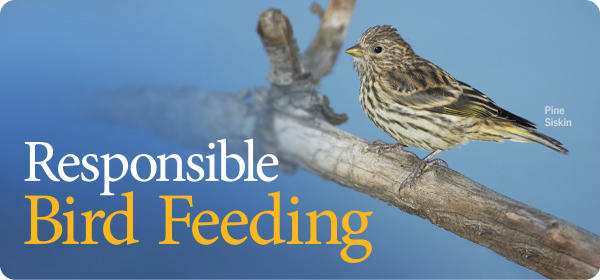Available in 5, 10 & 20 Gallon Sizes
These galvanized steel storage cans are safe to store outside. The tight-fitting, locking top keeps insects and critters out.
5 Gallon and 10 Gallon Seed Cans available on MyWBU
20 Gallon Seed Cans available in-store


